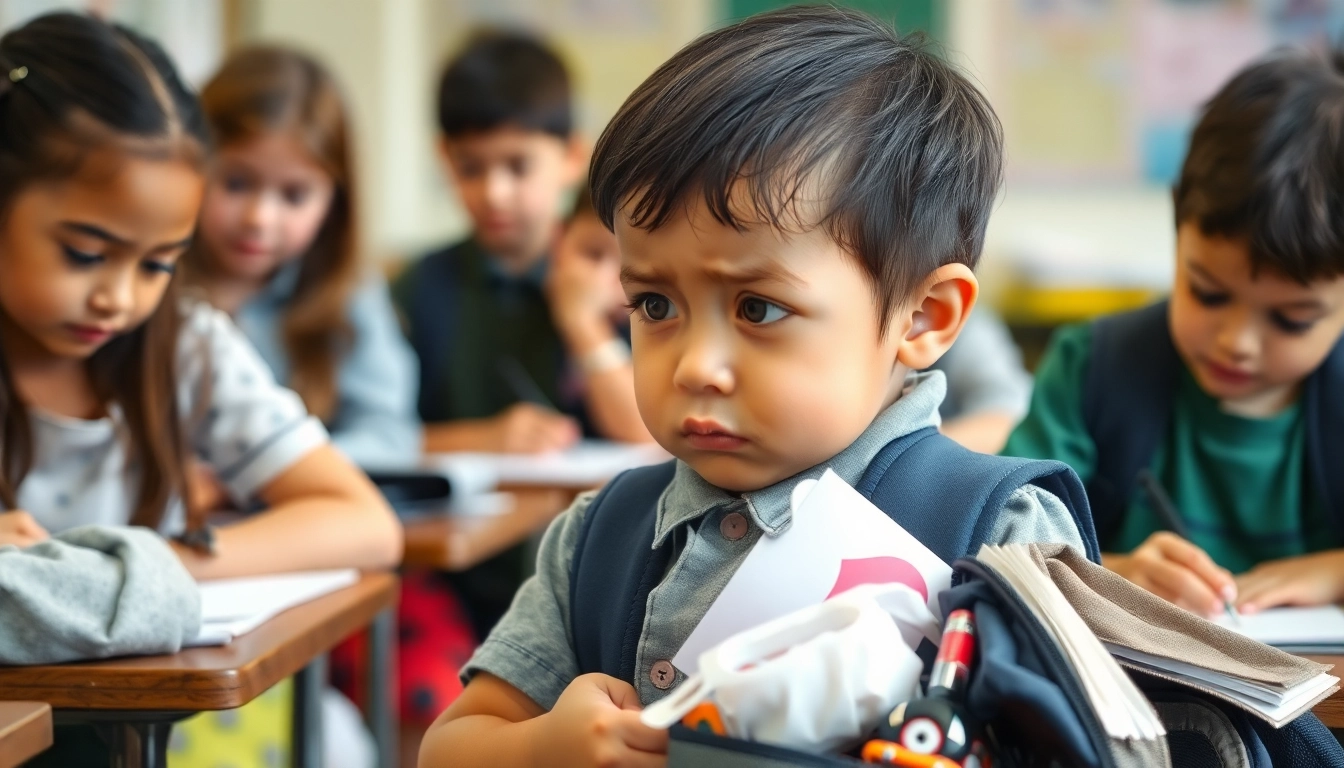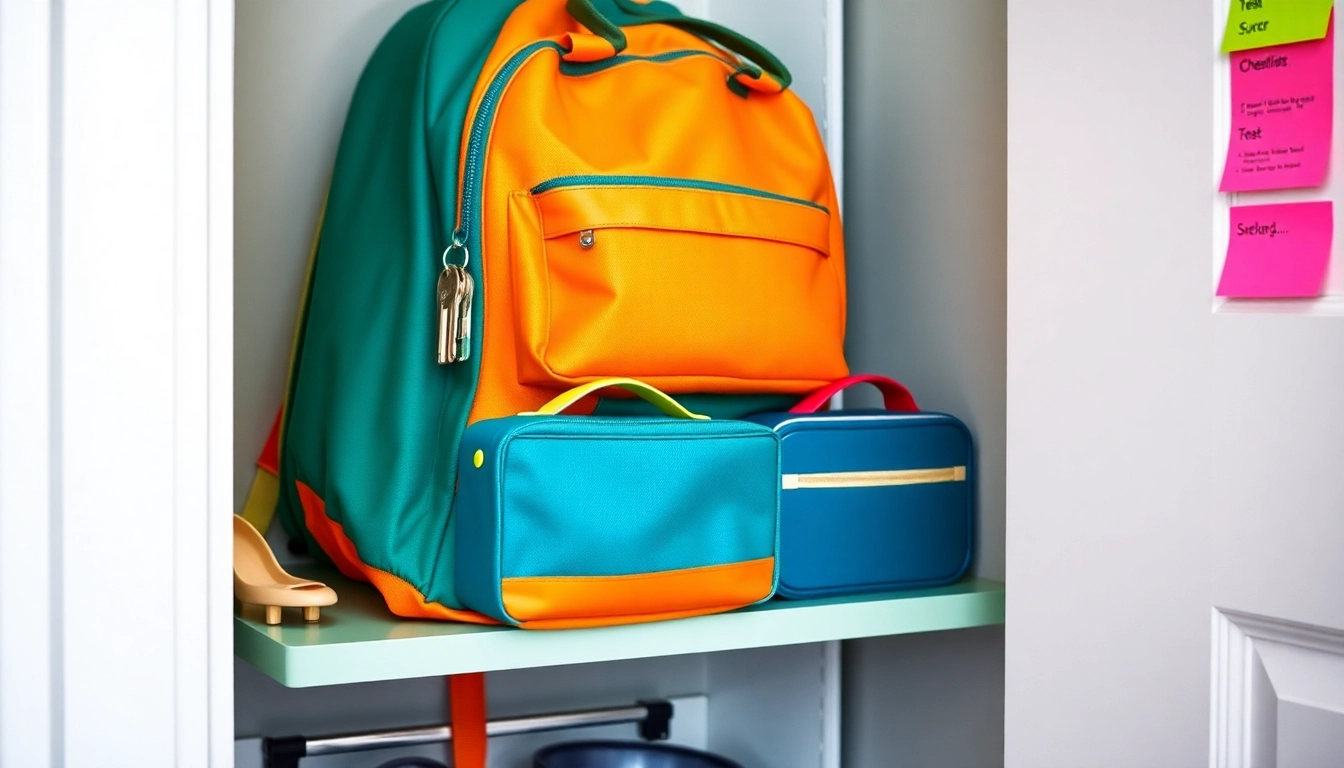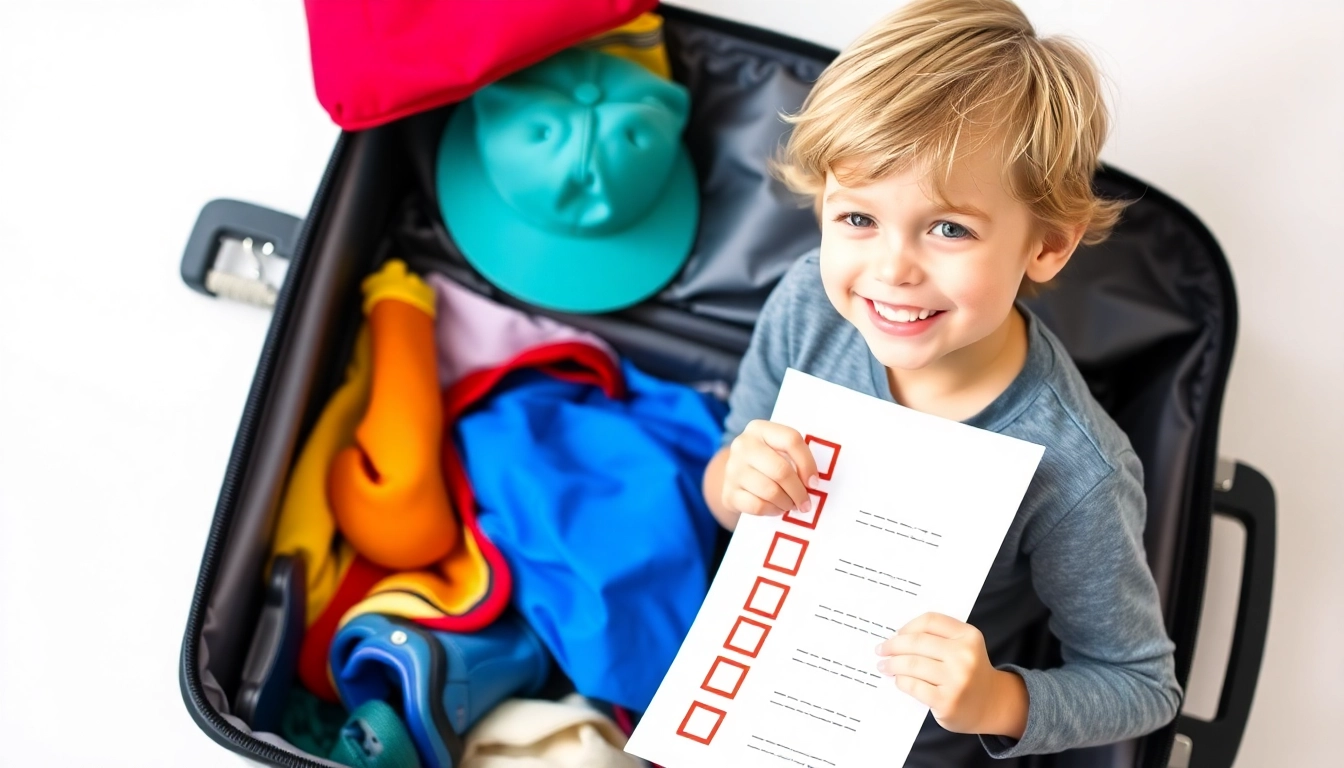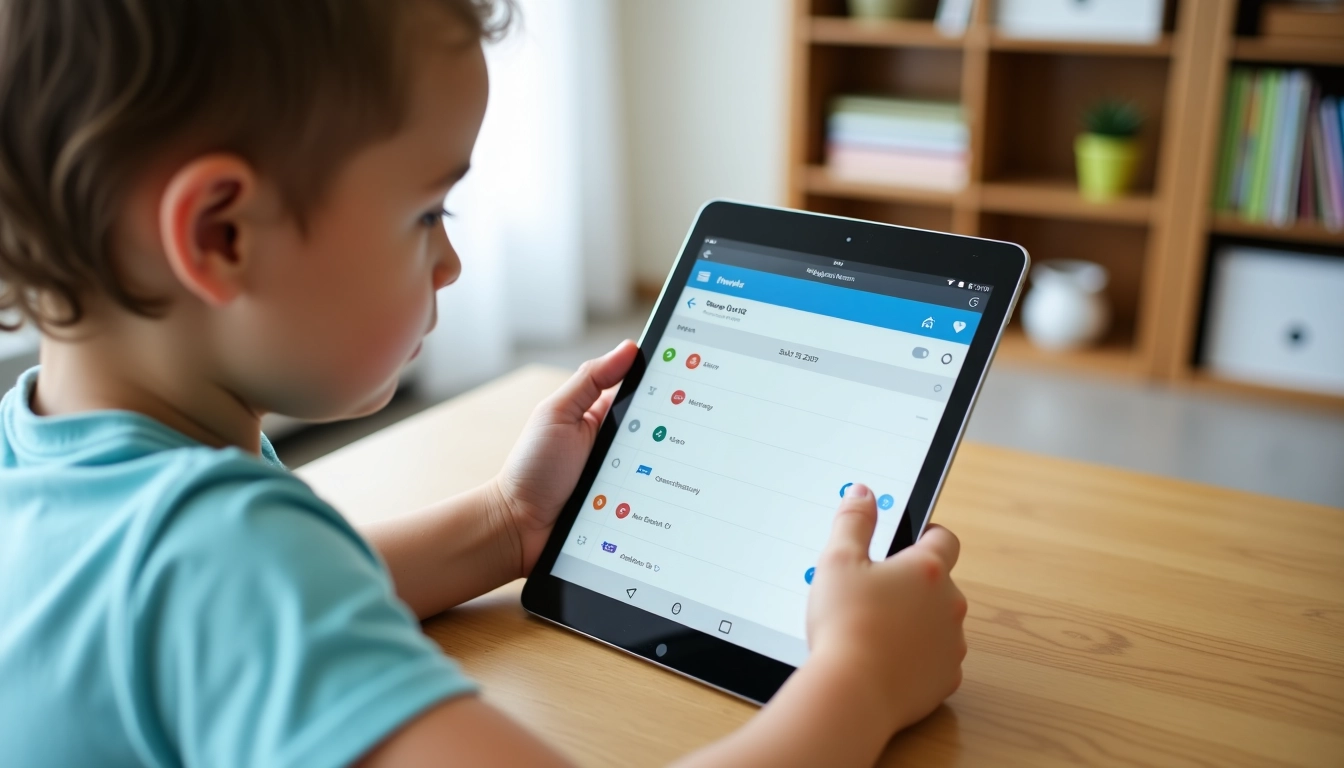ADHD Forgetfulness: Navigating Memory Challenges and Tips for Parents

Forgetfulness has been a constant companion throughout my life, especially because of my ADHD forgetfulness. Growing up, I’d misplace my keys, forget assignments, and leave things unfinished. Little did I know, this wasn’t just carelessness; it was how my brain worked. Over time, I’ve accepted my ADHD and developed ways to manage it. Today, I want to share insights into ADHD forgetfulness to help you, as parents, better support your children as they navigate memory challenges. With the right strategies, your child can overcome the frustrations of forgetfulness and thrive.
Living with ADHD Forgetfulness

From a young age, ADHD forgetfulness showed up in my life. I'd often forget school assignments or leave my lunchbox behind, which led to frustration for both my friends and teachers. As I matured, I began understanding that my brain processes information differently. The hallmark of ADHD forgetfulness is difficulty retaining short-term memory unless it's reinforced, which made details slip away easily. However, I’ve learned how to manage this with patience and creativity.
If your child struggles with ADHD forgetfulness, know they are not alone. Memory challenges affect many kids with ADHD, impacting their school life, friendships, and self-esteem. But, with understanding and specific strategies, you can help them navigate forgetfulness effectively.
Effective Strategies to Manage ADHD Forgetfulness
Here are a few techniques I’ve found beneficial over the years. These not only help me remember important details but also offer tools for self-compassion when forgetfulness inevitably occurs. I hope these strategies help both you and your child manage ADHD forgetfulness more smoothly.
1. Use Visual Cues and Reminders

One of the most effective methods for managing ADHD forgetfulness is using visual cues. I designate a “launchpad” near the door to place my wallet, keys, and phone each night. This helps me remember essentials before I leave the house. You can set up a similar area for your child, where they can place their backpack, lunch, and anything else they need for school. Learn more about creating effective routines for kids in our ADHD Morning Anger guide.
Sticky notes are another fantastic tool. You can leave reminders in visible places—like the bathroom mirror or near the door—with notes that prompt them to check their homework or bring their lunch. Over time, this reinforces routines, minimizing the impact of ADHD forgetfulness.
2. Break Down Tasks and Use Checklists

Big tasks can easily overwhelm kids with ADHD, leading to forgetfulness. To counter this, break tasks down into smaller, manageable steps and create checklists. For instance, when packing for a trip, I list every item and check them off one by one. This technique helps prevent ADHD forgetfulness from causing me to leave behind important items.
For your child, you can create checklists for daily routines, such as packing their school bag or preparing for bedtime. The simple act of checking things off boosts their memory and gives them a sense of achievement.
3. Practice Mindfulness and Slow Down

For someone with ADHD, the mind often races from one thought to another, which makes it easy to forget things. Practicing mindfulness has helped me counteract ADHD forgetfulness by encouraging me to focus on the present. Before starting a task, I take a few deep breaths and ground myself in the moment. You can explore more about the benefits of mindfulness for ADHD here.
Encourage your child to practice mindfulness too. Teach them to slow down, take deep breaths, and focus on one thing at a time. This not only aids memory but also reduces the frustration associated with ADHD forgetfulness.
4. Use Technology to Stay Organized

In today’s digital age, technology can be a lifesaver for managing ADHD forgetfulness. Apps that provide reminders, calendars, and to-do lists help me keep track of tasks and deadlines. For children, using a digital calendar or reminder app can be incredibly beneficial for staying organized. Discover the top ADHD apps for kids that can help your child stay on track.
You can set up reminders for your child, such as prompts to bring their homework to school or reminders for upcoming activities. This not only helps reduce forgetfulness but also fosters responsibility and independence in managing their own schedule.
5. Celebrate Progress, Not Perfection

One of the hardest lessons to learn with ADHD is self-compassion. It’s easy to get discouraged by ADHD forgetfulness, especially when others seem to handle these tasks with ease. However, I’ve found it essential to celebrate small victories. If I remember my keys and phone two days in a row, I count that as progress. For more tips on staying positive, check out funny quotes about ADHD to lighten the mood.
Celebrate your child’s successes, no matter how small. If they remember their lunch or complete a task without being reminded, acknowledge their effort. Building self-esteem and confidence is crucial, especially when dealing with ADHD forgetfulness. Encouragement helps them feel empowered and capable.
Building a Supportive Environment
Understanding that ADHD forgetfulness is not a personal failing but part of how the brain works is important for both you and your child. Creating a supportive environment—at home and at school—can make a huge difference in your child’s ability to thrive. Communicate openly with their teachers and work together to implement strategies that keep your child on track and organized. Explore our ADHD Parent Support Circles to connect with other parents who share similar experiences.
Within the Bonding Health community, parents can connect with others facing similar challenges. Our Community Circles offer a space to discuss strategies, share experiences, and support one another in dealing with ADHD forgetfulness and memory-related issues.
oin Our ADHD Parent Community for Support and Practical Solutions
If you’re navigating ADHD as a parent, you’re not alone. Visit our Bonding Health Community Circles to connect with other parents, share experiences, and discover even more strategies to help your child manage ADHD forgetfulness. Let’s work together to build resilience and empower your child to thrive.


